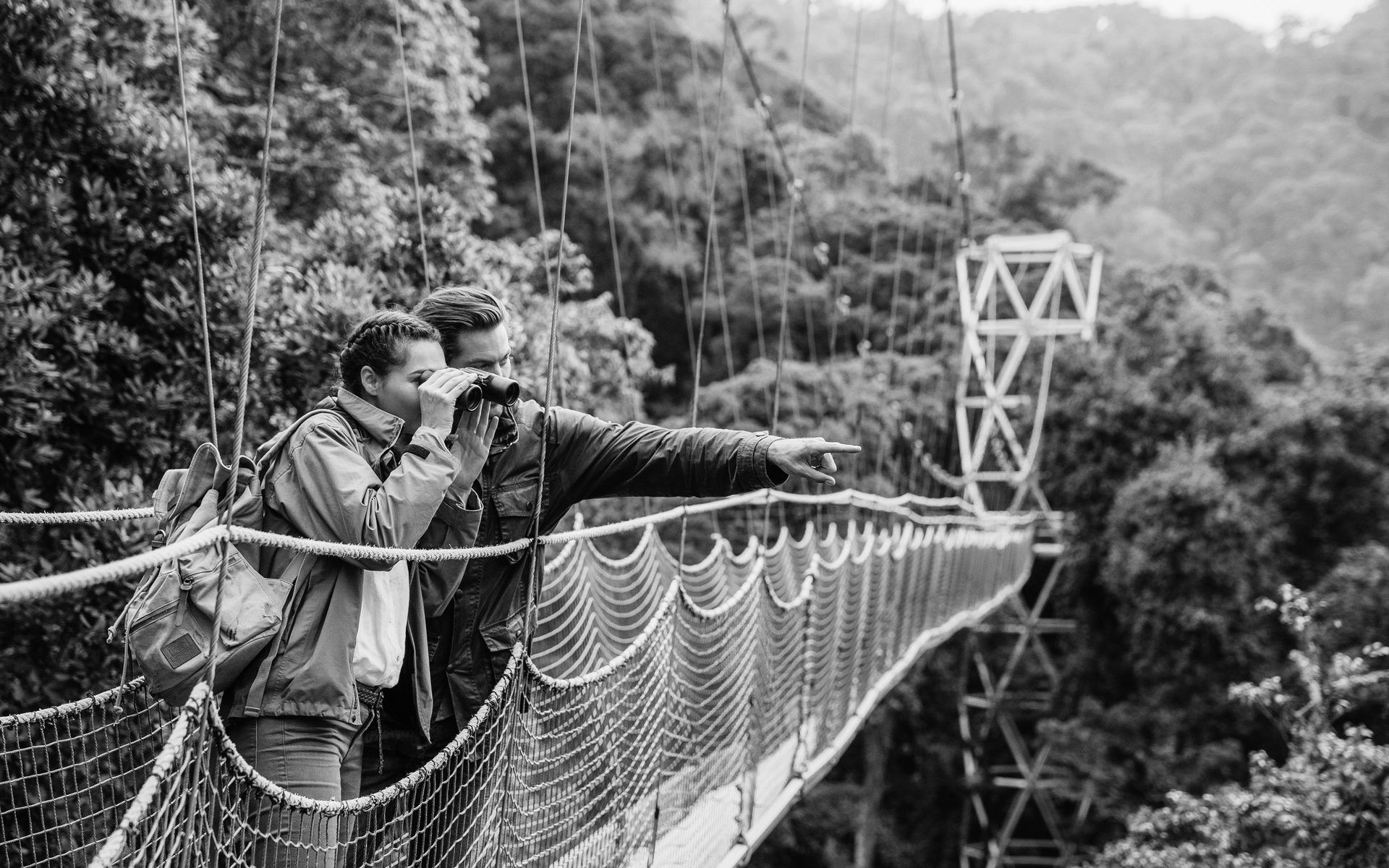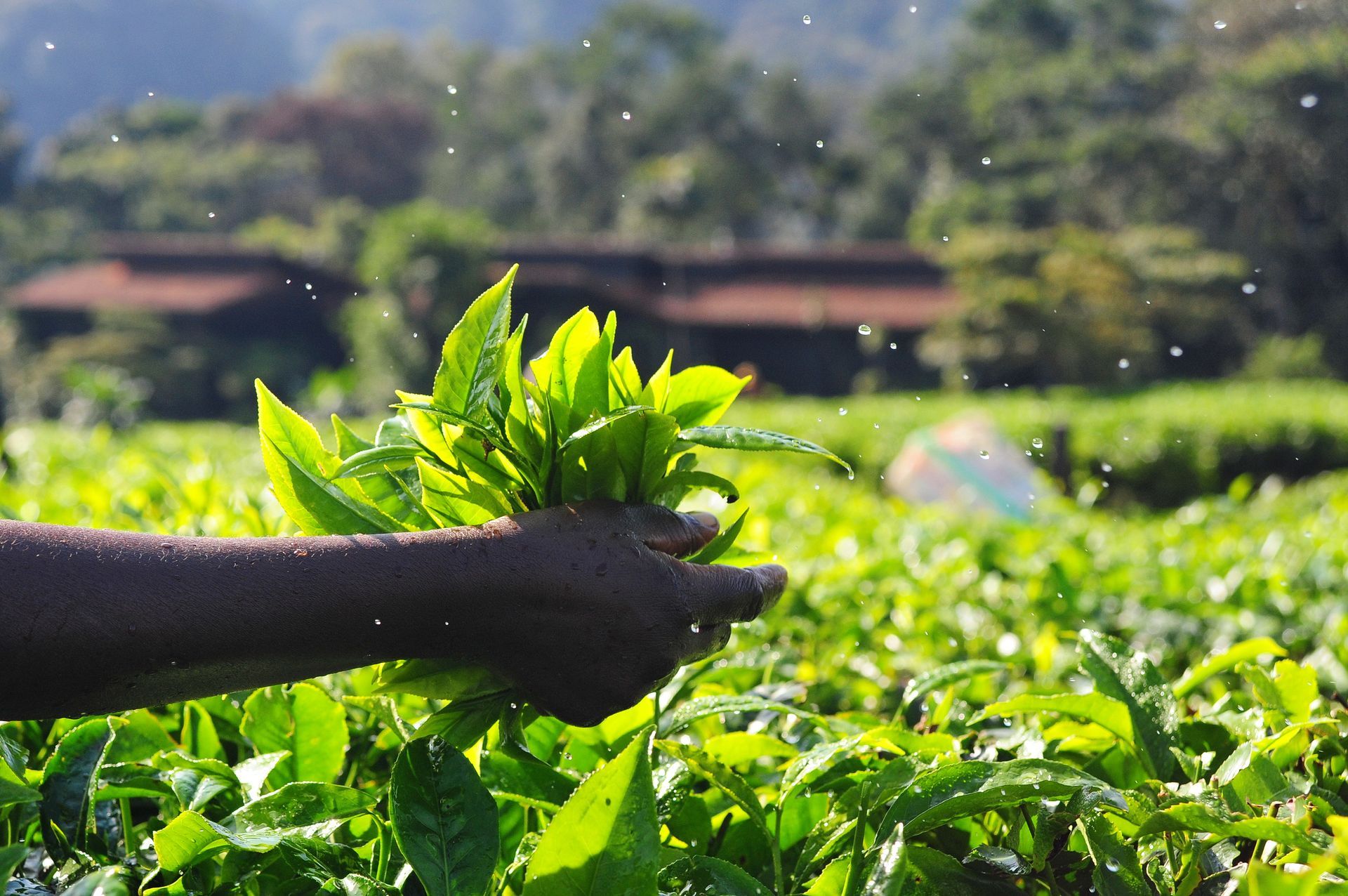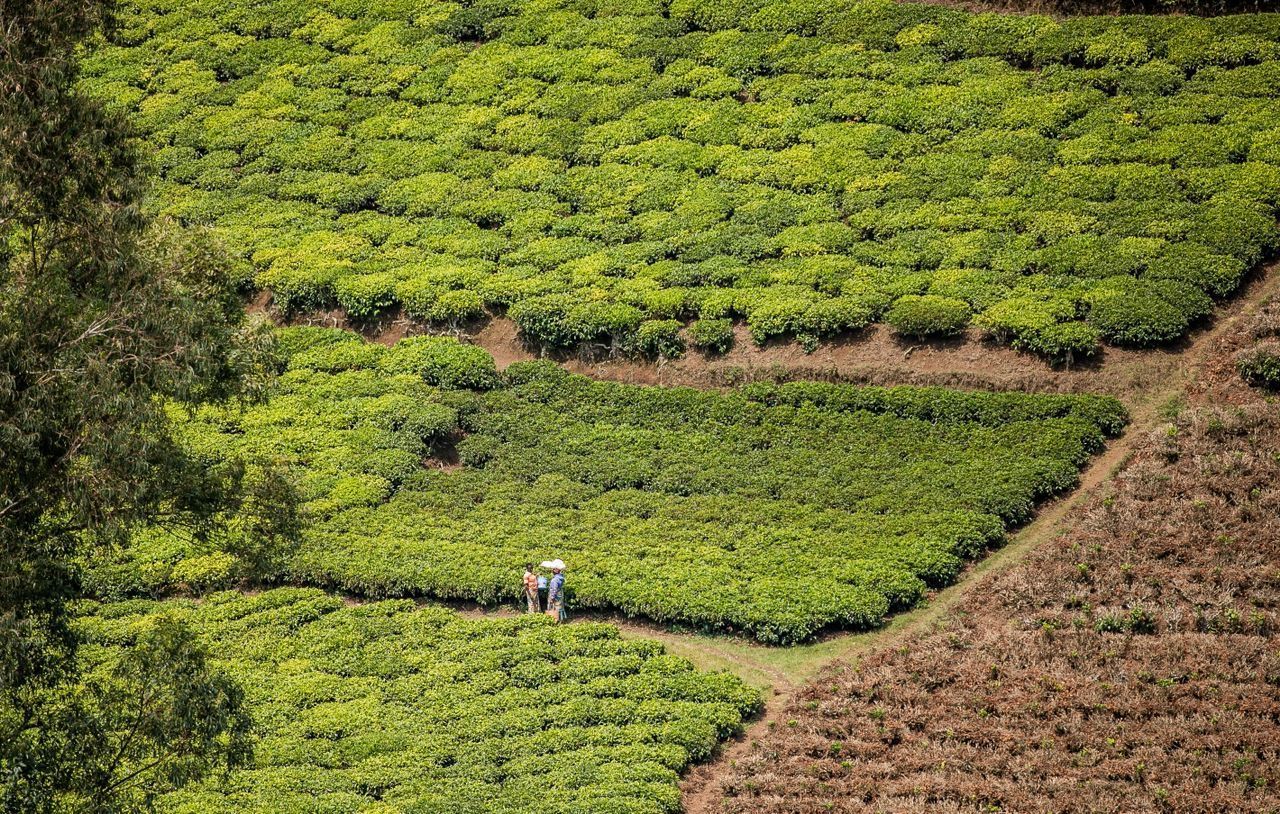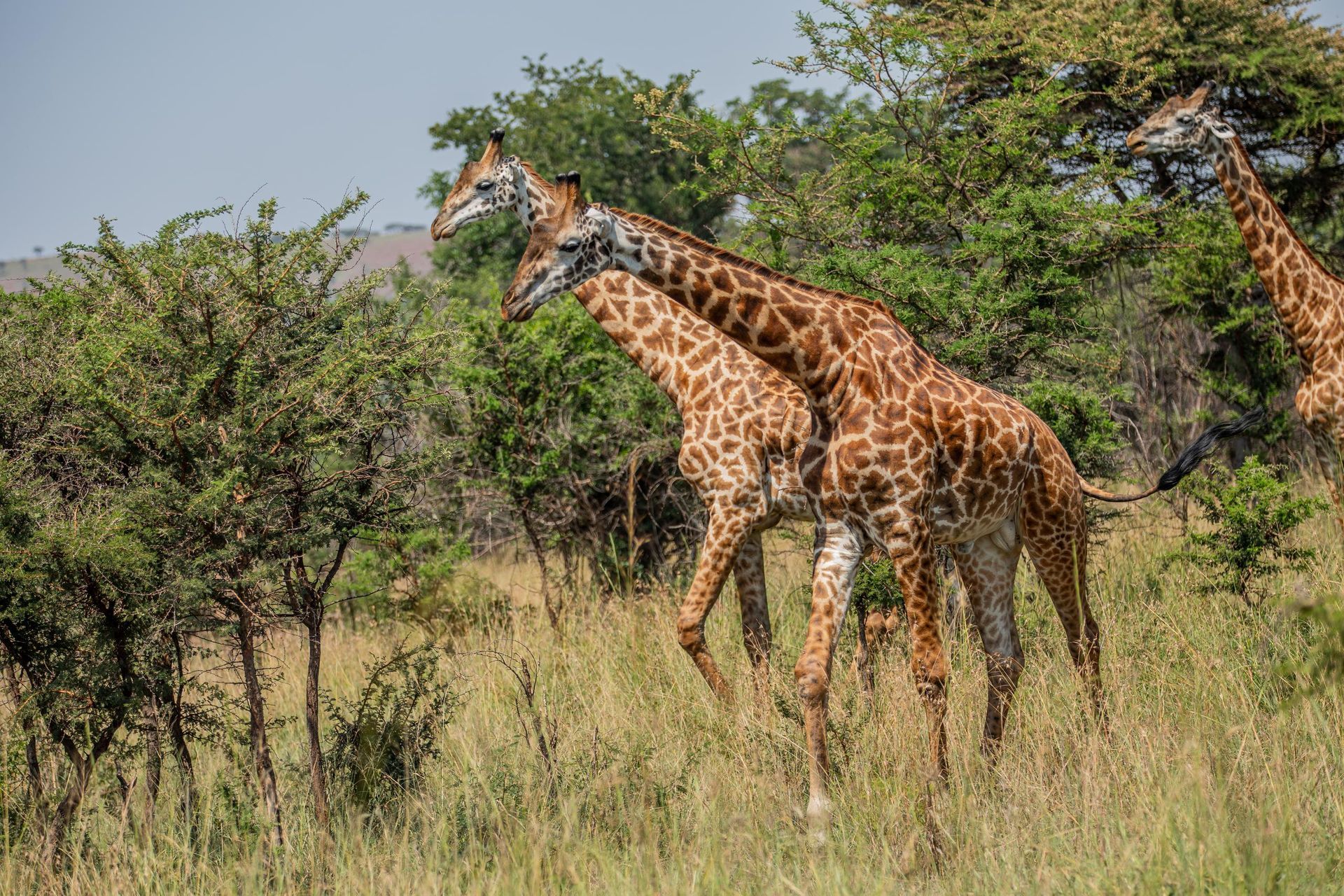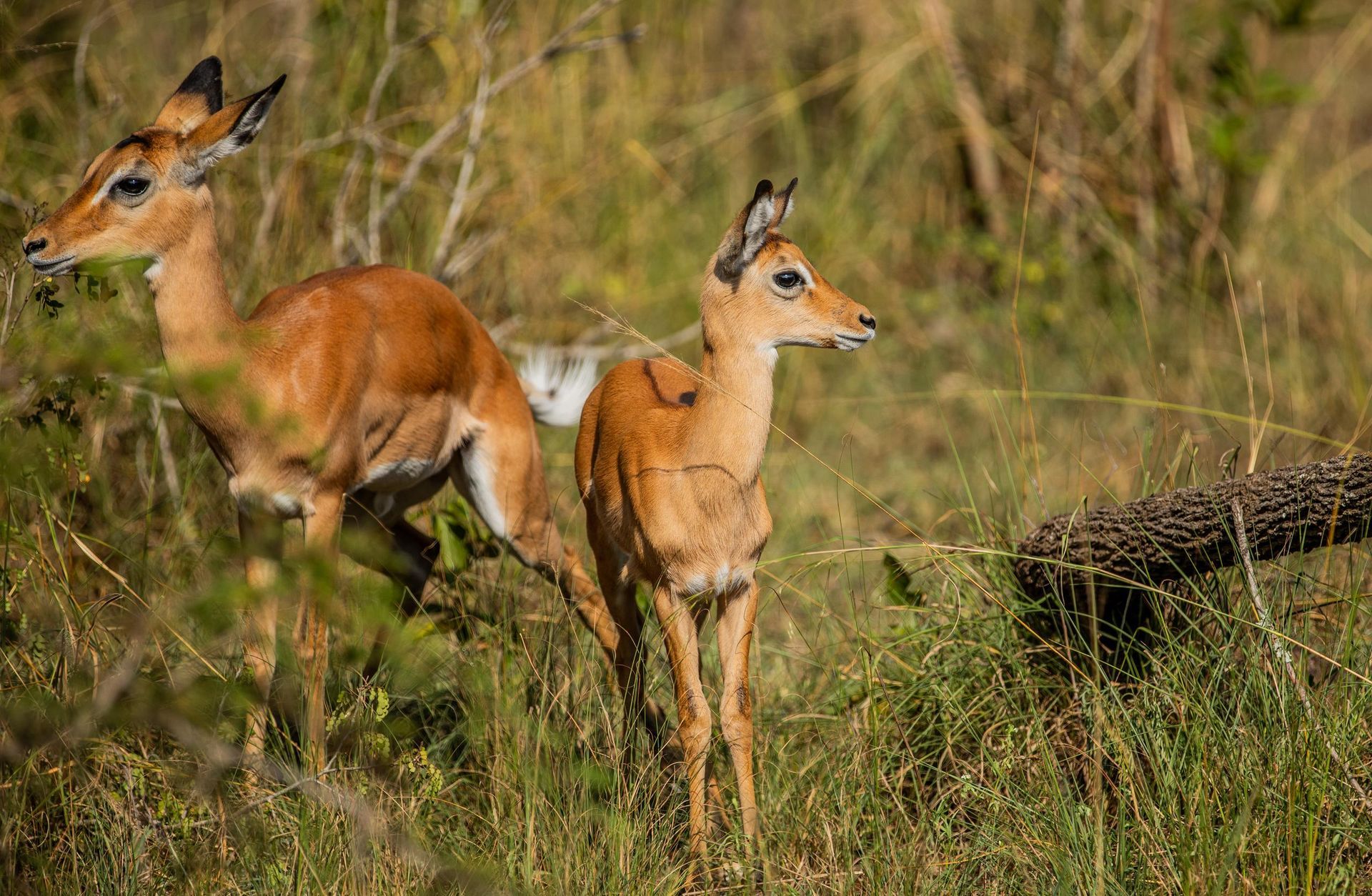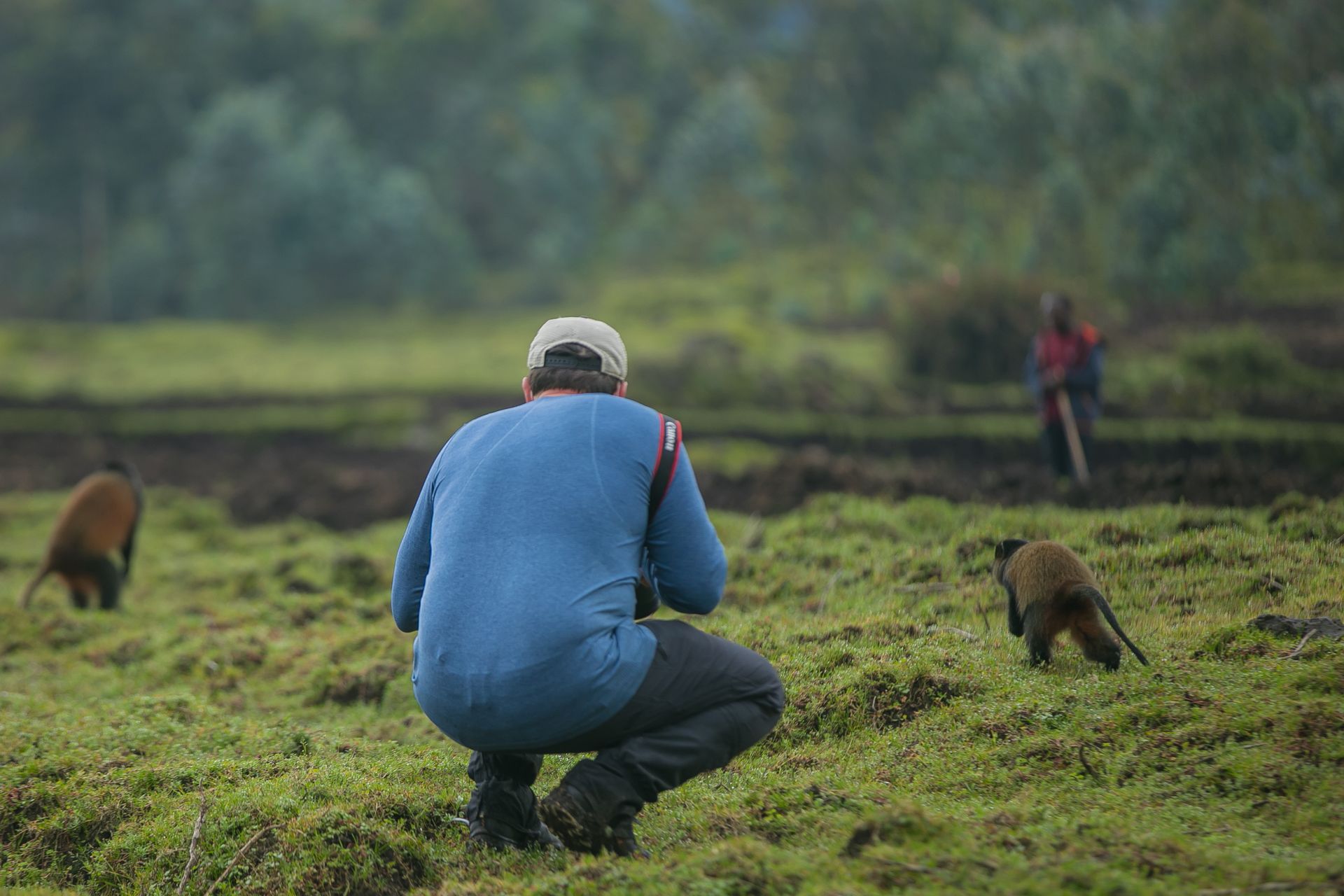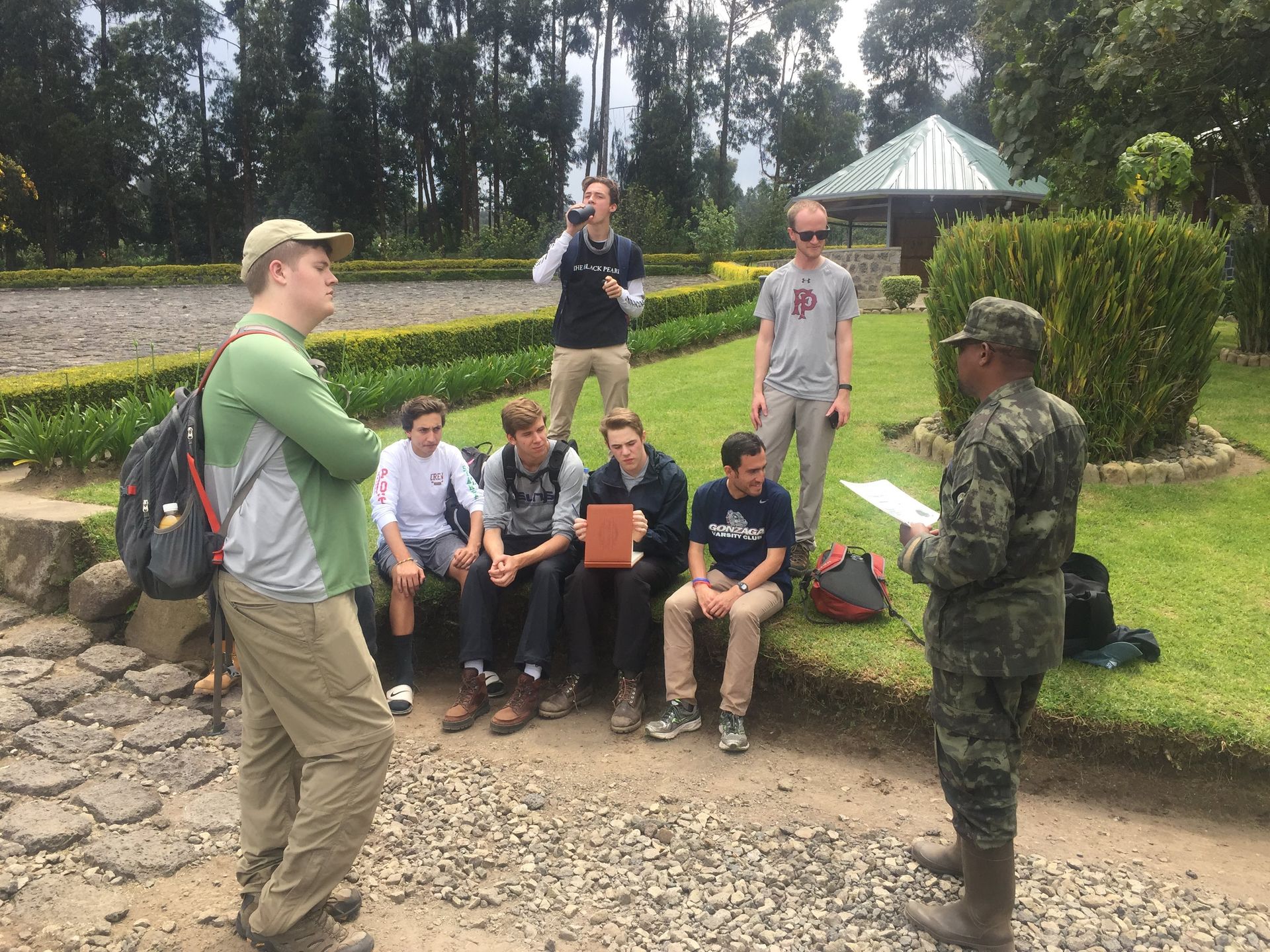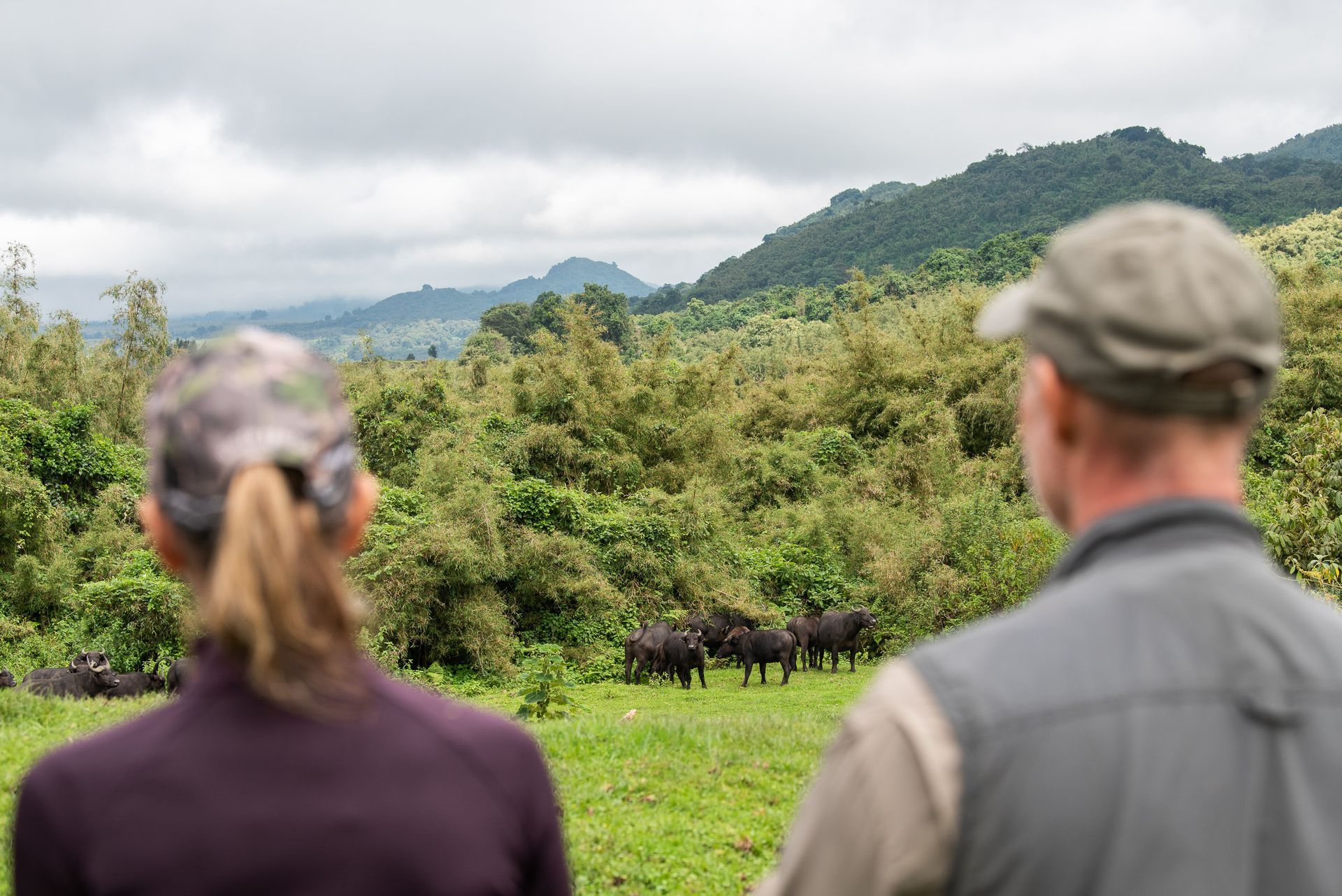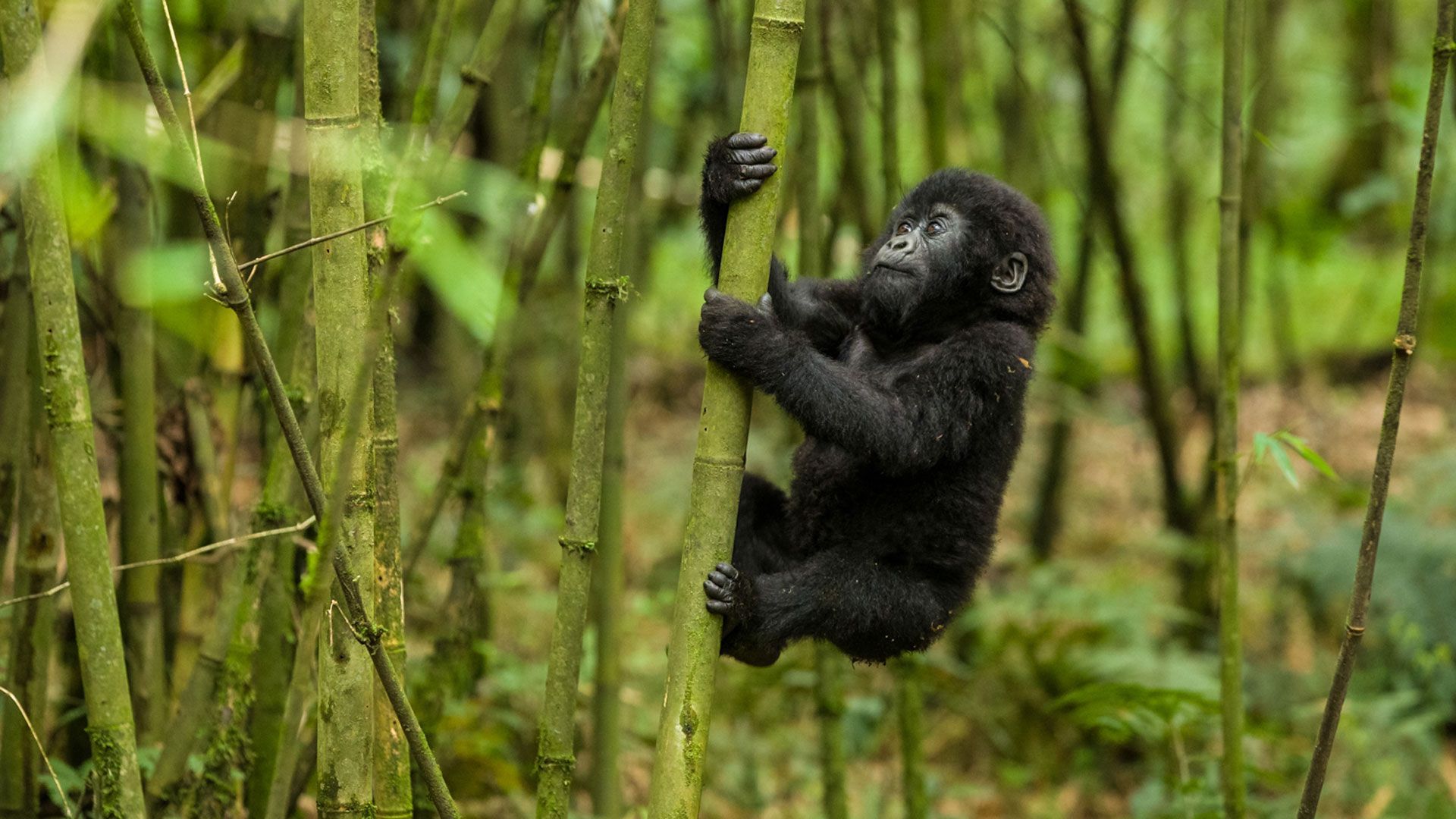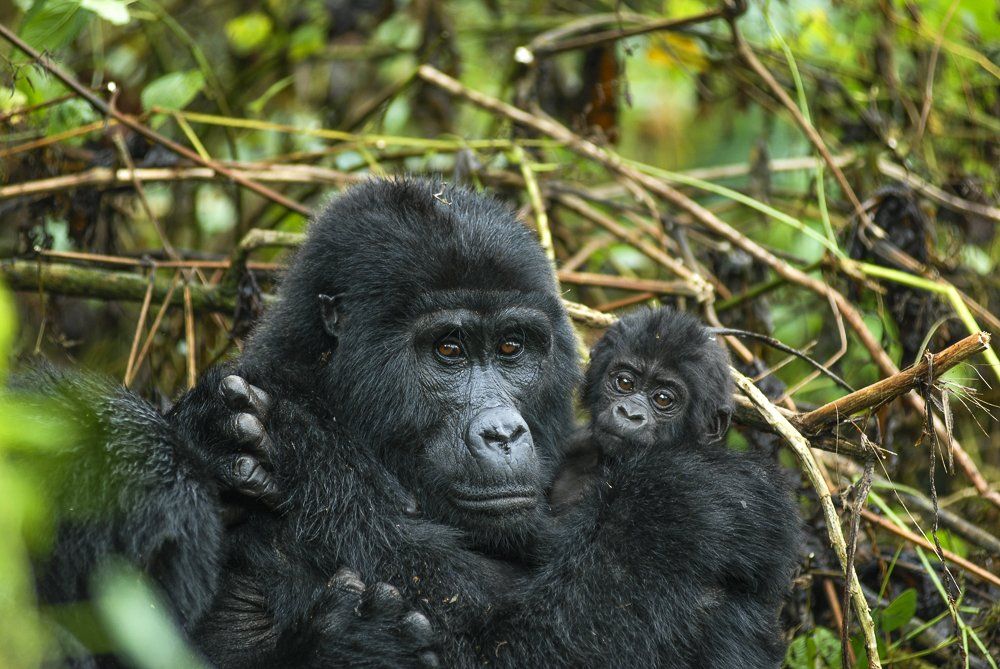The SOPs-Standard Operating Procedures for gorilla trekking in Rwanda play an important part in gorilla conservation and protection. Rwanda is currently open for gorilla trekking but this is with strict SOPs which must be observed by all visitors on Rwanda safari. The standard rule for gorilla trekking in Rwanda, Uganda, D.R. Congo is, visitors suspected to have any illnesses isn’t allowed to go track gorillas. Mountain gorillas like chimpanzees, do have about 98% of their DNA similar to that of humans and this is what makes them to be very susceptible to human respiratory diseases like corona virus.
Of recent, a study was carried out and it was found out that gorillas can catch the SARS-CoV2, COVID-19 and to have these highly endangered species protected, the SOPs have been set for everyone on gorilla tour to observe. It should be noted that the rare mountain gorillas only live in Uganda, Rwanda and the D.R. Congo, and they remain not more than 1063 individuals worldwide.
In case you are planning to visit Rwanda soon for gorilla trekking, ensure that you have fully vaccinated for corona virus. Besides COVID-19 vaccination, you may also have Yellow Fever Vaccine, Polio, Hepatitis A & B, MMR and Tetanus. Note, in Rwanda, a Yellow Fever Vaccination is mandatory if you are have entry access.
Required covid-19 tests
All visitors on Rwanda safari must present a negative COVID-19 certificate. A SARS-CoV 2 Real Time Polymerase Chain Reaction (RT-PCR), is accepted in Rwanda and this must be taken not beyond 72 hours prior your departure flights. Rapid Diagnostics Tests (RDTs) aren’t accepted in Rwanda, and besides the recommended RT-PCR, all visitors on Rwanda safari must also make sure that they complete the Passenger Locator Form then upload the corona virus test certificate prior their flights to Rwanda, the Land of a Thousand Hills.
SOPs for Rwanda gorilla trekking
- All trekkers on Rwanda gorilla safari in Volcanoes National Park must put on a face mask. Please, carry at least two or more masks and preferably, have an N95 or surgical masks. The first mask can be worn during briefing at 7:00am and after, a fresh mask will be required.
- When hiking through the high altitudes, frequent breaks will be made to let trekkers breathe fresh air. This is to avoid the side effects that occur due to long hours of wearing masks. The breaks must be done while observing social distancing.
- Maximum of 6 trekkers are allowed to track gorillas in Rwanda as of now in order to ease physical distancing maintenance.
- Once you have set foot onto the jungles of Volcanoes National Park, hand sanitizing and spraying all footwear using alcohol based sanitizer. This should be done even when you are leaving Volcanoes National Park.
- Physical distancing of 10m from gorillas should be maintained. Always observe the park guide’s instructions considering the challenges that come observing distancing when curious juveniles rub themselves on you.
When is the best time to visit Rwanda for gorilla trekking during COVID-19?
The best time to visit Rwanda to track mountain gorillas during COVID-19 is during the 2 short dry seasons; first, starting from June to September and December to February. The weather conditions during the dry seasons are generally favorable-mainly characterized by low or no rainfall unlike the wet season (March to May & October to November).
What to carry for your Rwanda gorilla trekking safari during COVID-19 era
- Face Masks
- Good hiking boots or shoes
- Camera with no flashlight
- Packed lunch
- Drinking water
- Sanitizer
- Daypack
- Rain coat or jacket
- First aid kit
- Sun glasses
- Gardening gloves
